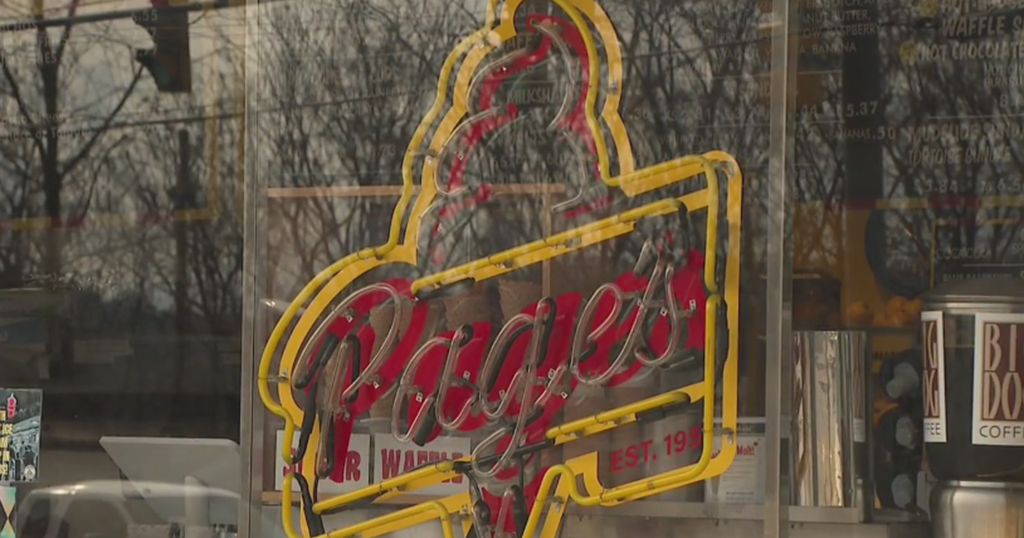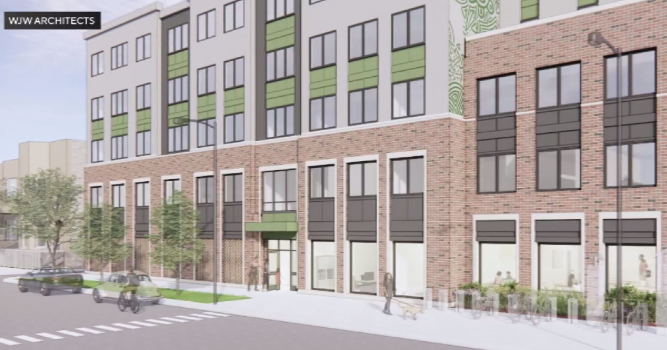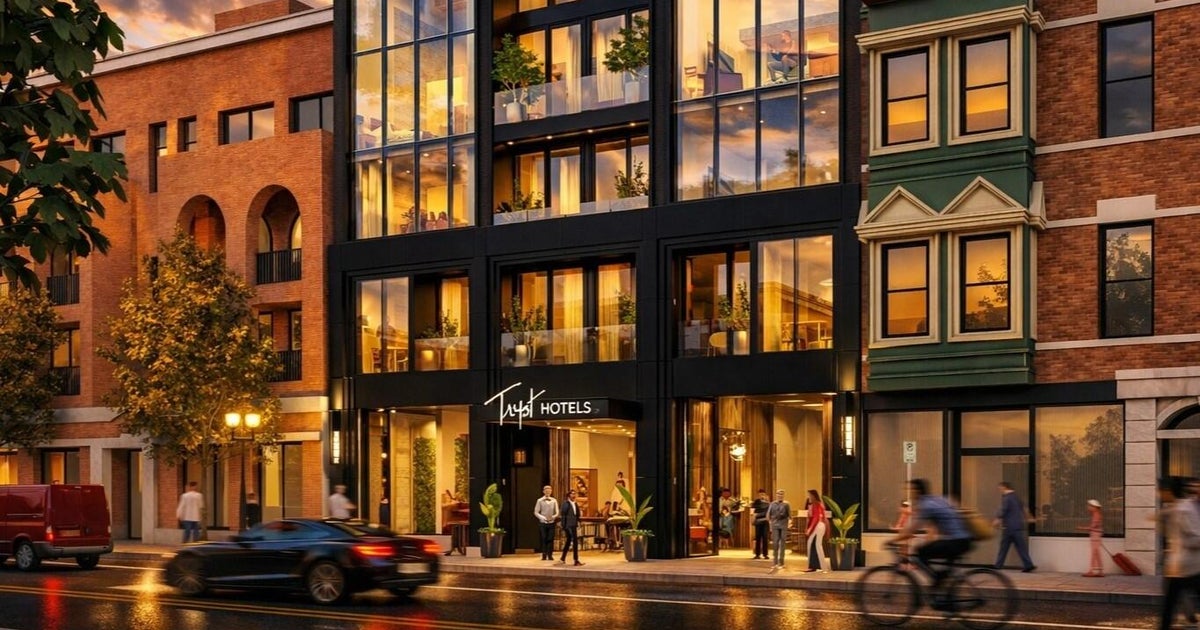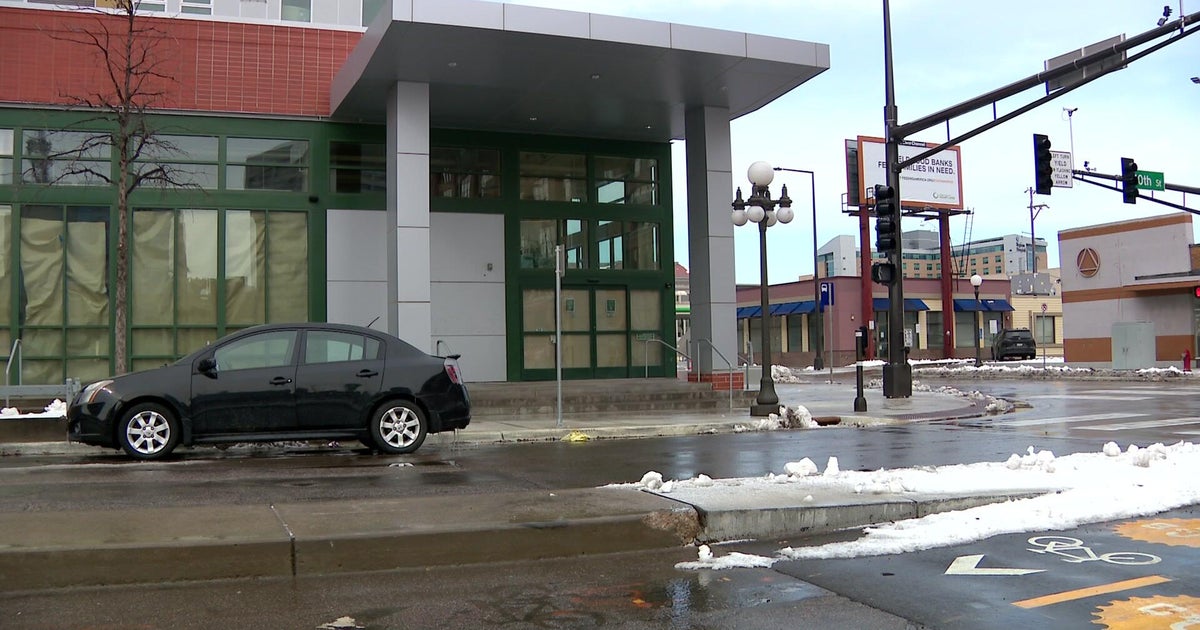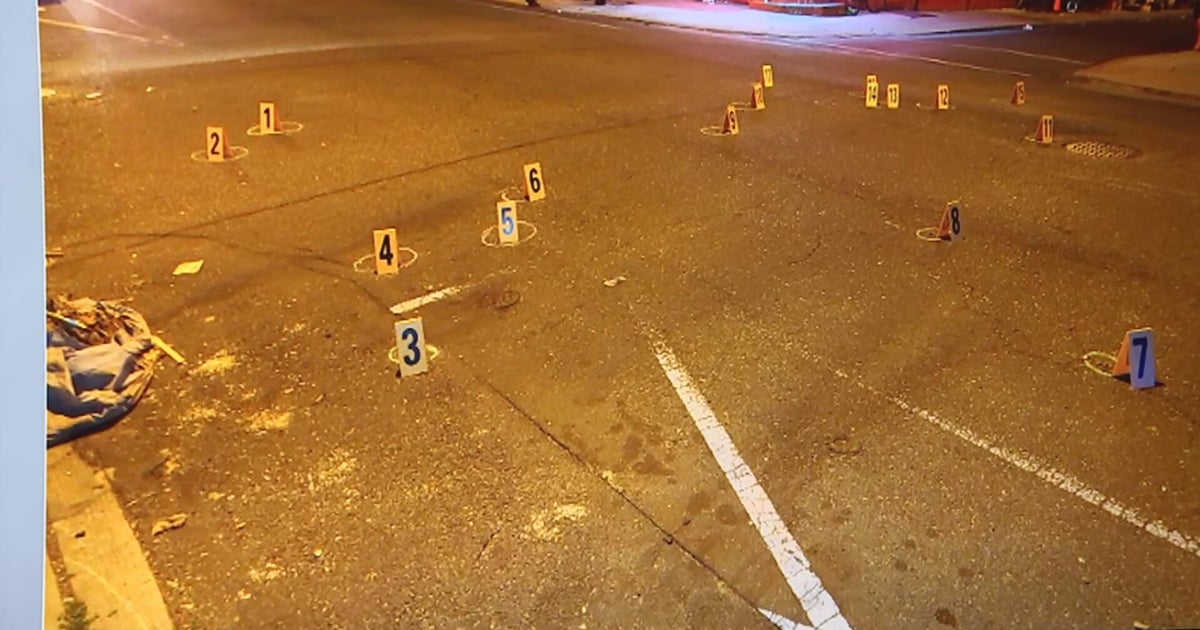Wal-Mart Announces Plans For More Chicago Stores
UPDATED 03/16/11 3:30 p.m.
CHICAGO (CBS) -- When a deal with organized labor last year gave Wal-Mart the green light to expand within the Chicago city limits, the retail giant said to expect "several dozen stores across the city over the next five years."
Wal-Mart officials announced Wednesday that they are making good on that plan.
LISTEN: Newsradio 780 Political Editor Craig Dellimore
Podcast
Mayor Richard M. Daley and the retailer officially unveiled plans to build six new stores in Englewood, Chatham, Pullman, Auburn Gresham and the West Loop.
"People want jobs in the neighborhood, all over this city," Daley said, following the six year battle with unions to bring Wal-Mart, which has had stories in nearby suburbs for years, to the city. "It was OK for Evergreen Park, but not the 17th Ward [on the South Side.]?"
Wal-Mart officials said they would target the city's so-called "food deserts" when planning new stores. Food deserts are areas of the city where residents do not have easy access to stores that carry fresh produce.
"Mayor Daley has been a champion of economic development in the city and his support of Walmart through the years has allowed us the opportunity to do what we do best: open stores that create jobs and offer a broad assortment of products at everyday low prices," Wal-Mart Senior Vice President Julie Murphy said Wednesday. "Moving forward, we will continue to identify sites in Chicago's food deserts, while also looking for opportunities to help even more Chicagoans save money and live better."
The six planned Wal-Mart locations are:
• Wal-mart Supercenter in Pullman at 111th and Doty Avenue, opening in Spring 2013;
• Wal-mart Supercenter in Chatham at 83rd and Stewart Avenue, opening in Spring 2012;
• Wal-mart Market in the West Loop at Monroe and Jefferson Streets, opening in Fall 2011;
• Wal-mart Market in Auburn Gresham at 76th and Ashland Avenue, opening in Spring 2012;
• Wal-mart EXPRESS in Englewood at 71st and Western Avenue, opening in Winter 2012;
• Wal-mart EXPRESS in Chatham at 83rd and Stewart Avenue, opening in Summer 2011.
Neighborhood Market is a mid-sized format for city neighborhoods, a condensed version of the big-box Wal-Marts. The markets typically sell meat, fresh produce and other groceries, and include a pharmacy, deli and bakery.
The smallest format, called Wal-Mart Express, is similar to a 7-Eleven convenience store.
Wal-Mart officials estimated the six new locations would create about 1,000 new retail jobs and 200 new construction jobs for Chicago. The new stores are part of Wal-Mart's five-year plan to open several dozen new stores in Chicago by 2015, creating 10,000 retail jobs and 2,000 construction jobs.
Analysts say building stores in African-American communities also could help Wal-Mart gain political support. It is challenging other retailers, especially grocers that have bypassed minority areas.
Mayor-elect Rahm Emanuel has said he will ask Wal-Mart and other stores to give him a four-year plan for building in Chicago's "food deserts," which lack grocery stores.
Emanuel has championed efforts to eliminate food deserts in Chicago and has pledged to work with grocery store chains to build more stores in underserved areas of Chicago.
For example, the St. Louis-based Save-A-Lot grocery chain is building five new stores by the end of the year and Emanuel said the company has committed to build 30 more stores throughout Chicago over the next four years.
At a meeting of the South East Lake View Neighbors Association Monday night, Ald. Tom Tunney (44th) and officials from Mid-America Real Estate Group said they had spoken with Wal-Mart officials about a possible store in the East Lakeview neighborhood.
This was the first update on the possible Wal-Mart plan since December, when Wal-Mart dismissed as false rumors that it had filed a letter of intent or signed a lease in the Broadway at Surf retail complex in the 2800 block of North Broadway.
Meanwhile, Tunney has proposed a zoning change in the area that would limit new stores in the Broadway at Surf and several other buildings to 25,000 square feet. The owners and managers of the building have objected to the planned zoning change, saying it would devalue property and subject the owners to too many restrictions in attracting prospective tenants.
Currently, there is only one Wal-Mart store operating in the city, at North and Kilpatrick avenues on the West Side.
After the West Side store opened in 2006, expansion plans were put on hold when the City Council passed an ordinance that required big-box retailers to pay a minimum of $10 per hour and $3 hourly in benefits. Mayor Daley vetoed the ordinance not long after it was passed.
Wal-Mart finally got the green light for expansion when it reached a deal with labor unions to set starting wages at $8.75 per hour, which is 50 cents less than unions had wanted.
The Chicago Sun-Times contributed to this report, via the Sun-Times Media Wire
